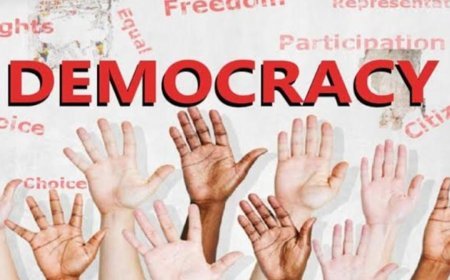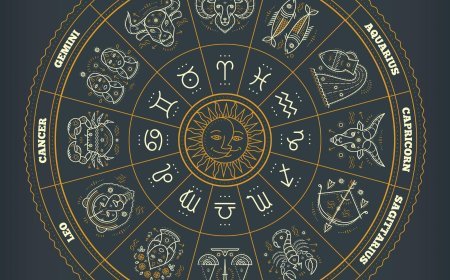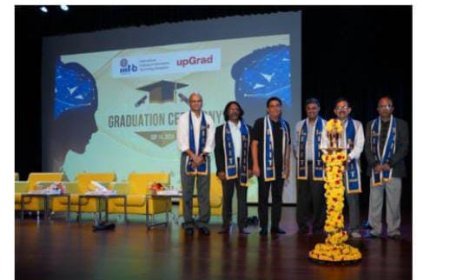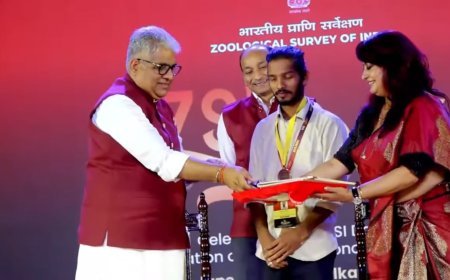Magic Lamp vs. A.I.
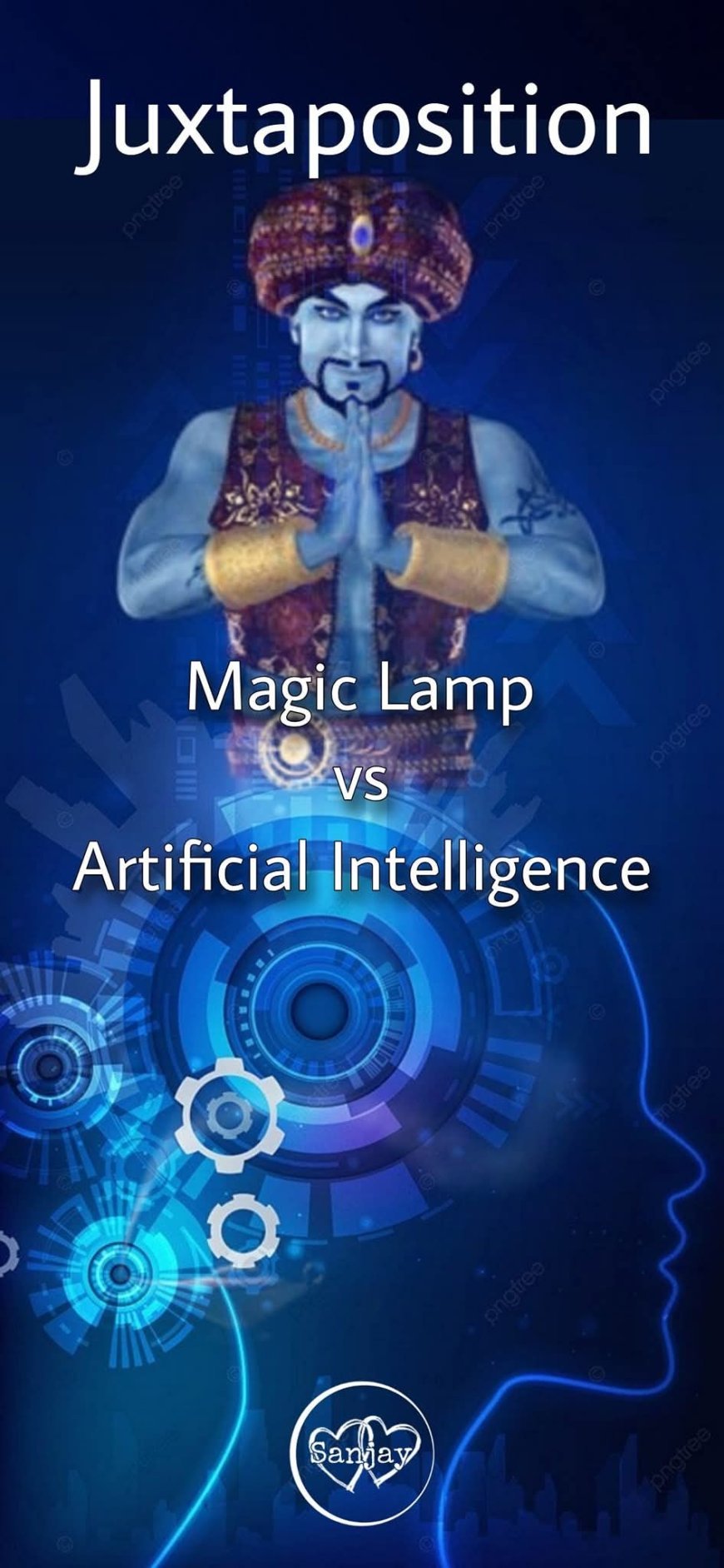
Magic Lamp vs. A.I.
Aladdin's magic lamp and modern-day artificial intelligence (AI) are both fascinating concepts, but they differ significantly in their nature and capabilities. Let's compare them:
Origin and Function:
Aladdin's Magic Lamp: In the story, the magic lamp is a mythical object housing a powerful genie. When the lamp is rubbed, the genie emerges and grants the owner three wishes, capable of altering reality.
Modern-day Artificial Intelligence: AI refers to the development of computer systems that can perform tasks requiring human intelligence. AI algorithms are created through programming and machine learning techniques to mimic cognitive functions like perception, reasoning, learning, and problem-solving.
Intelligence and Agency:
Aladdin's Magic Lamp: The genie possesses immense supernatural powers and intelligence. It can understand and fulfill the wishes of its owner but operates within the confines of the owner's requests.
Modern-day Artificial Intelligence: AI systems are designed to exhibit intelligent behavior in specific domains. They analyze data, recognize patterns, make predictions, and automate tasks. However, they lack human-like consciousness or volition and operate within the limitations set by their programming.
Interaction and Communication:
Aladdin's Magic Lamp: Aladdin interacts with the genie through verbal communication. He speaks his wishes, and the genie responds accordingly.
Modern-day Artificial Intelligence: AI systems interact with users through various interfaces, such as voice recognition, natural language processing, or graphical user interfaces. Users can ask questions, provide commands, or engage in conversations, and AI systems respond based on their programmed functionality.
Limitations and Context:
Aladdin's Magic Lamp: The genie is bound by the wishes of its owner and cannot act outside those limitations. Additionally, once all three wishes are exhausted, the genie returns to the lamp until summoned again.
Modern-day Artificial Intelligence: AI systems have limitations based on their programming and available data. They excel in specific tasks but may struggle with others outside their domain. AI systems require continuous access to relevant data and ongoing maintenance to remain effective.
Ethical Considerations:
Aladdin's Magic Lamp: The story of the magic lamp does not explicitly address ethical concerns, as it revolves around the granting of wishes. However, moral dilemmas may arise depending on the intentions behind the wishes and their consequences.
Modern-day Artificial Intelligence: AI raises ethical questions related to privacy, security, bias, and job displacement. There are ongoing debates about AI's impact on society, its potential misuse, and the need for regulation and responsible development.
In summary, Aladdin's magic lamp represents a mythical object capable of fulfilling wishes through a powerful genie. Modern-day AI, on the other hand, refers to computer systems that simulate human intelligence and perform specific tasks based on programming and data analysis. While both concepts involve extraordinary abilities, they differ in their origin, interaction methods, limitations, and ethical considerations. The possibility of the story becoming a reality lies in the advancement and integration of AI technologies in our everyday lives.
Sanjay Pattnayak
Sundargarh









